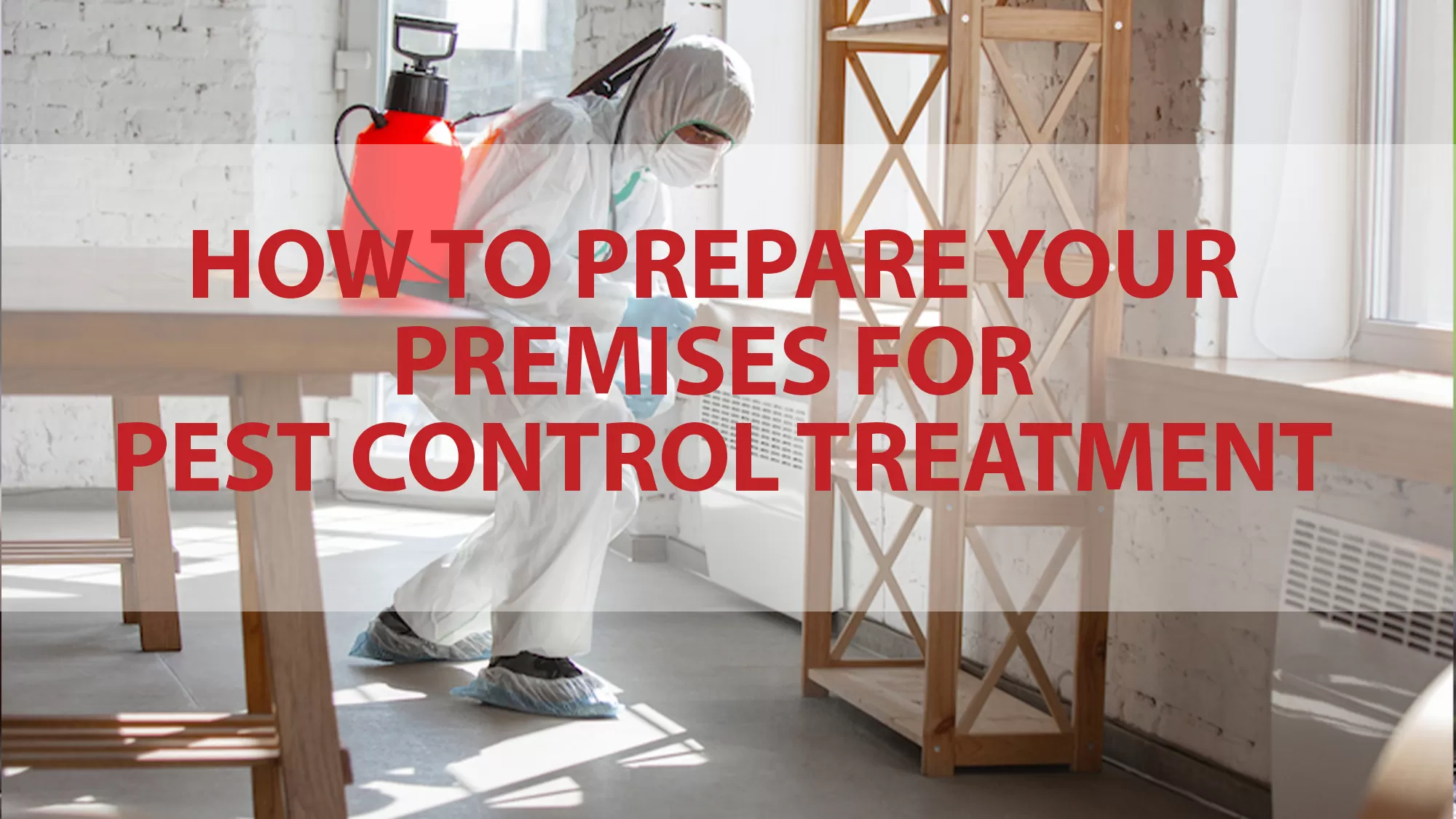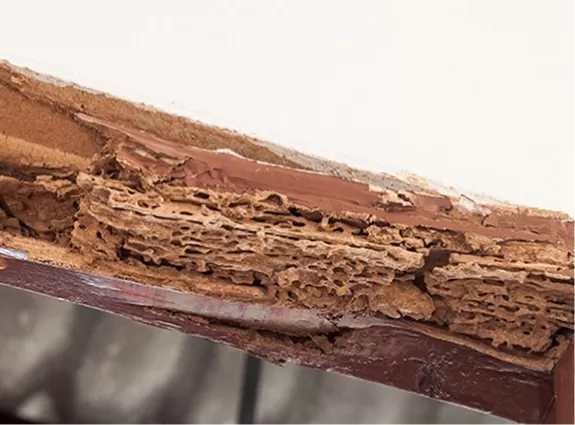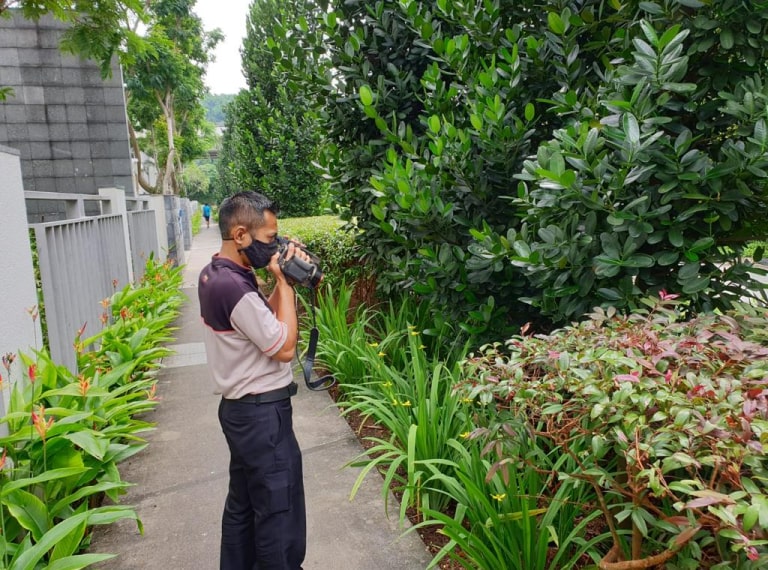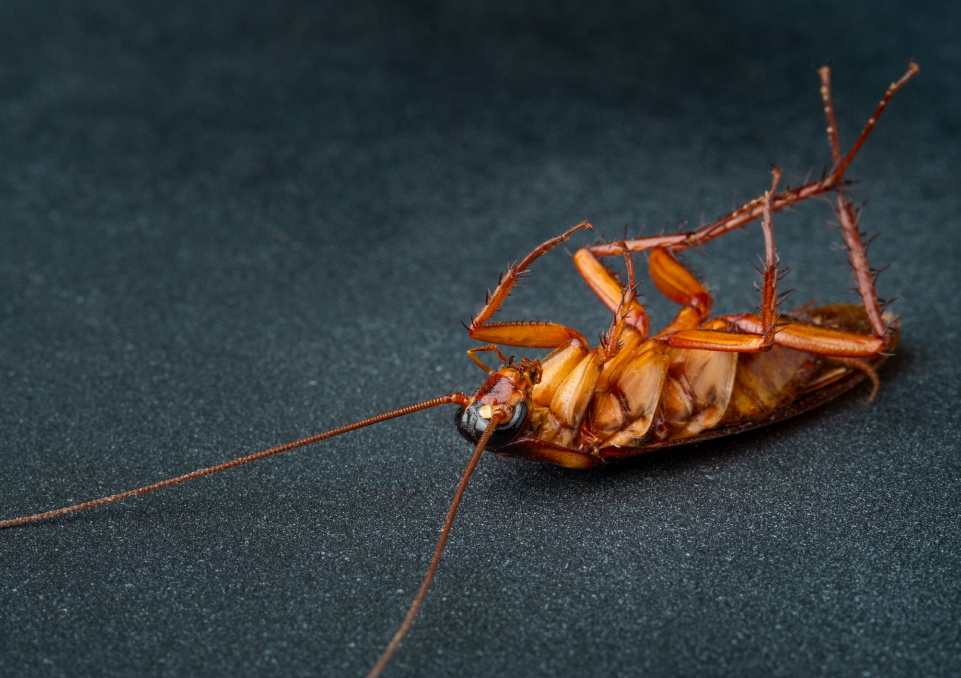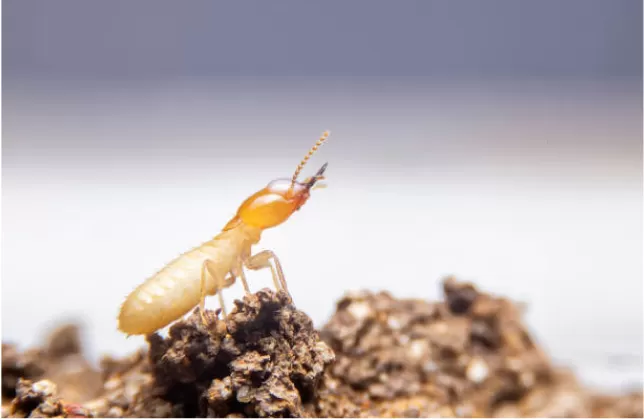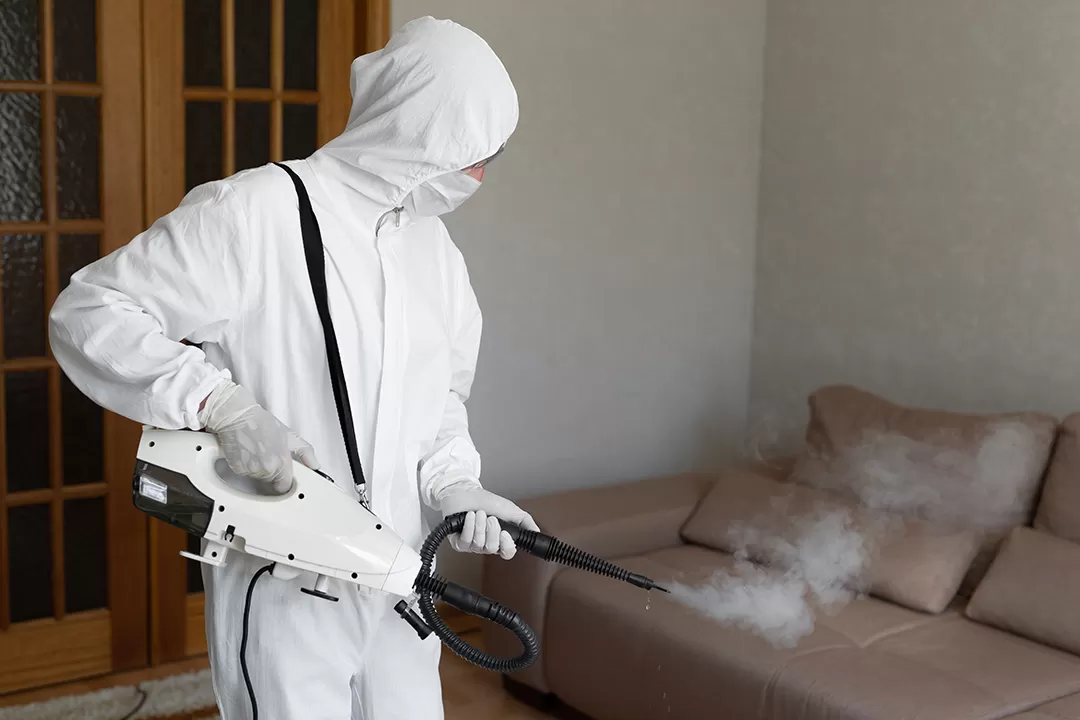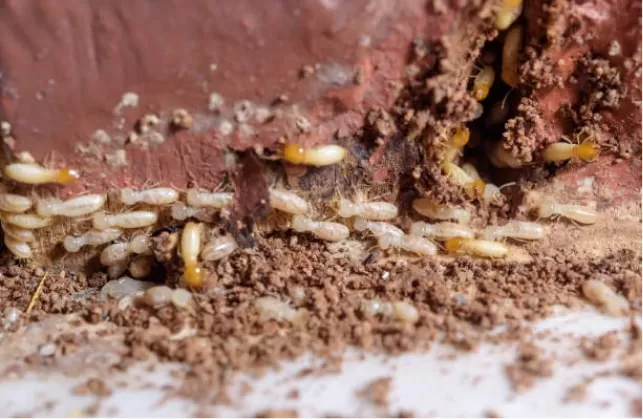Troubled by stubborn pest infestations? Then, calling pest control experts for help may be your last resort. Unfortunately, waiting for a pest control treatment can raise an added layer of stress.
A pest control service will require you to do some homework before their pest-control technicians arrive. So, what must you do to prepare your home for an impending pest control treatment? Let’s find out.
In this article, read about why some preparation work is essential before pest control treatment can begin. Also, find out what are some of the things you must do while waiting for the arrival of the pest control experts.
Why Do You Need to Prepare Your Premises for Pest Control Treatment?
When you book a pest control treatment, it usually means you desperately want to get rid of specific pest infestations. As such, you must understand what the service provider is offering.
Most often, pest control companies do not include the preparation of your home for pest treatment as part of their services. Of course, they will still carry out their pest control procedures even if your home is not prepared beforehand but note that poor preparation can lead to unsatisfactory results.
Not only will this reduce the effectiveness of the treatment, but lack of preparation can also increase re-infestation risks. By adopting a few simple measures, you can cover all your bases and also make sure no spot will be left untreated.
The preparation is necessary and will include an array of chores, such as putting clothes and food into storage and moving furniture and other obstructions away from the walls. But you need not worry if you are collaborating with a reliable pest control company; they will give you all the advice you need based on the kind of pest control – eco-friendly, integrated pest management (IPM) or chemical pest control, and also guide you regarding the do’s and don’ts of the preparation process.
Things to Do Before a Pest Control Service
Clean Your Home
There is no better way to deter pests than to keep your home clean. Pest control technicians usually suggest you clean your home before they arrive. Termite treatment is the only exception when it comes to this step.
Diligent cleaning and housekeeping can help keep pests away. Conduct a thorough cleaning before the experts arrive. Cleaning will enable you to remove food sources, make most areas of your home accessible for pest control experts, and eliminate hiding spots, nests, etc.
If you have any dirty dishes, clean them and clear the sink. Remove any standing water, vacuum the house, wipe the kitchen counters, and eliminate clutter. Keep all your food in airtight containers and dispose of unnecessary paper products and goods. Tuck all your clothing away in closets and dressers. Move anything that could get in the way. This includes dirty laundry and trash.
Move Furniture and Declutter
Preparing for pest control might also include moving furniture. While this is not a necessary step for controlling most pest infestations, moving furniture can aid the removal process of termites.
Preparing your property for a termite treatment will require you to move all your furniture as far away from the walls as possible. Remove indoor plants from the house and take off the plastic seal from all mattresses.
Shifting furniture away from the walls will help reveal the hiding spots for creepy crawlies and also provides easy access to pest control specialists. If the walls are accessible, they can apply chemicals to even the neglected and hard-to-reach areas, thus reducing the chances of re-infestation.
Many pest control services establish an invisible perimeter along the edges of your premises that the pests cannot breach. So, discuss with the service provider whether you need to move furniture.
Prepare Room by Room for Pest Control
In every room in the house, there is something you can do before the pest control arrives. Cover all the paintings in the living room with plastic sheets. To prevent any indoor plants from chemical damage, move them outside the house.
You can unplug your fridge in the kitchen and consume any perishables that are lying around. Throw away any leftovers. Do not cover the kitchen sink, as the pest control specialists may need to spray chemicals on them as part of the treatment. To prevent any contamination of food, clear the countertops. Store all your plates, cutlery, utensils, glasses, and small appliances away too. If you have to leave anything on the countertop, make sure to cover them with plastic wrapping.
Empty the bathrooms completely. Remove any shampoo, soaps, toothbrush or other personal items. In the bedroom, you must ensure your clothes are sealed in bags and kept away from chemical treatments that might be performed later. Remove bed sheets, covers, mattresses, and pillows and secure them tightly in plastic bags.
Take Your Pets Out of the House
If you are a pet owner, you already know that pets are extra-sensitive to chemicals. Hence, it makes perfect sense to relocate them temporarily during the duration of the treatment.
Also, keep their toys, cages, bedding, etc., away from the treatment area. If you have fish tanks, cover them with a plastic sheet or a towel. To avoid your pets from getting any chemical contact, keep them away from your home until a few hours after the treatment is completed.
Vacate the Property
The same rule applies to you when it comes to your own safety. It is recommended that you vacate the premises until 4 hours after the pest treatment is completed. This is especially important for those suffering from allergies, respiratory problems, or who are pregnant. As for babies and children, they should not be around the house where treatment is being conducted – especially if they are crawling.
Inform Your Neighbours
Finally, you must inform close neighbours regarding your upcoming pest control treatment. If they live in close proximity to you, they might need to take precautions too. Pregnant women, nursing mothers, young children, elderly adults, and people with allergies or asthma are prone to pesticide poisoning.
If you are having any outdoor pest treatments done, request your neighbours to close their doors and windows. Let nearby neighbours know what is happening so they can be safe too. Moreover, your neighbours may be dealing with the exact infestations as you. They may want pest treatments done on their premises as well.
Conclusion
Calling pest control experts is the best solution to all your pest problems. However, a pest control treatment requires you to do some things in preparation before the service providers arrive.
To ensure maximum effectiveness, clean your home well before the specialists arrive. Ask them whether you need to move the furniture away from the walls. Even if you do not have to move the furniture, it will surely help to empty all surfaces and countertops. Pay special attention to food items and bedding.
To safeguard the safety of yourself and your loved ones, vacate the house for the duration of the treatment and do not come back until at least 4 hours after it is completed. Amidst all the stress, don’t forget to relocate your chemical-sensitive pets!

